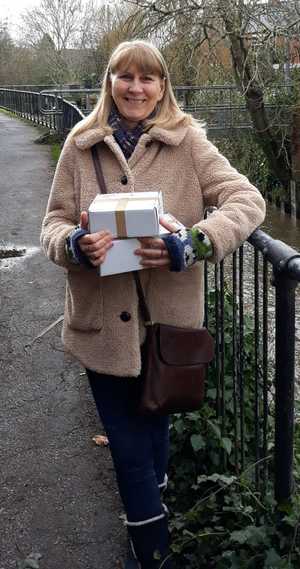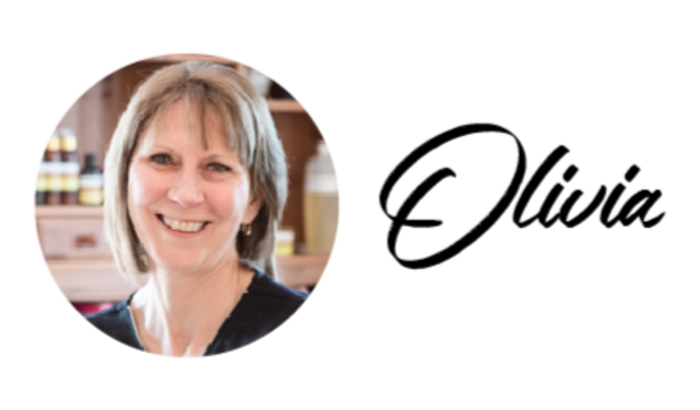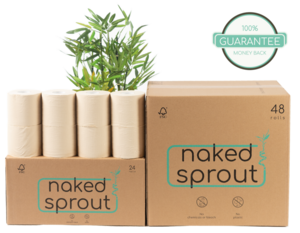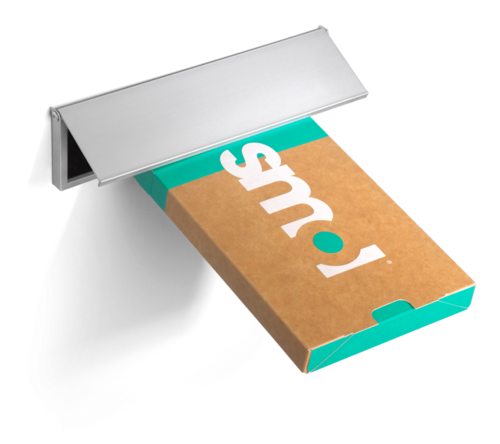A healthier life & a more eco-friendly future
I think I live a fairly sustainable lifestyle, but I also think, probably like many people, that it could be considerably improved.
As we continue to live through the Covid-19 pandemic, I have experienced a shift in my attitudes. Health and human disease is obviously at the forefront of my mind, but it has also triggered an increasing self-awareness of my own environmental impact. I realise, more than ever, the importance of changing my behaviour in order to have a healthier life and a more eco-friendly future.

Eco friendly/sustainable living means different things to everyone. My definition goes something like this:
"A lifestyle that attempts to reduce my use of the Earth's natural resources. To try and reduce my carbon footprint by changing my methods of energy consumption, transportation and diet"
Environmental sustainability has always been high on my list of priorities. So much so, that as a mature university student, twenty years ago I wrote my dissertation on people's recycling behaviour.
Sustainable living is a massive and all encompassing topic. Realistically, I knew I had to take small eco friendly steps that would be achievable.
I try to throw as little as possible away. In fact, there is no such thing as 'away'. When we put stuff in the bin, for most of us the story ends there. We've thrown it 'away' and the magical rubbish-chomping bin lorry comes and collects it. It then continues it's journey to landfill sites. However, it's predicted that by the year 2024 - just three years away - we will have run out of landfill space.
"There is no away"
There is no 'away'. I think of that phrase every time I toss something into the bin. I picture it sitting in landfill and I feel extremely guilty. It's a great motivator to find alternatives.
It's impossible to talk about sustainable living without mentioning the word 'plastic'. Not all that long ago, plastic wasn't really an issue. However, it now features predominantly in our everyday lives and it's hard to imagine a life without it.
Plastic is strong, flexible and durable and it's these qualities that means it never really breaks down. It eventually ends up in the oceans which then enters the food chain.
Plastic is actually a brilliant material - in the right place. For example, hospitals need it and it's a big component of computers, phones and TVs. It's not possible to eradicate all plastic from our lives. The real problem though comes from single-use plastic and how we dispose of it.
Although eco friendly alternatives are becoming increasingly more available, many mainstream consumer goods are not plastic free. All it takes is a little time delving into what is out there.
"Action to reduce the use of plastic needs to be taken on all levels, and as individuals, we are one of those levels"
Swap Suggestions...
I use Naked Sprout bamboo toilet paper. It contains no bleach, chemicals or plastic. Carbon emissions from producing this product are 30% lower than recycled toilet paper and 65% lower than non-recycled. Apparently the production of toilet roll wipes out 27,000 trees a day which equates to about 9 million a year.
For my laundry I use Smol capsules. They are the best I've ever come across. They are completely plastic-free and available in bio or non bio. The scent comes from ethically sourced essential oils to ensure it’s not overbearing or artificial. On top of all this, they are cheaper than any of the other leading brands on the market.
I also use the Smol fabric conditioner. Another great product that is animal fat free. This was a revelation - I never knew fabric softeners contained animal fat. The bottle is made from 100% post-consumer waste and they can be returned for refill and reuse or they can be recycled. It is so concentrated that a miniscule amount is needed.
Still on the subject of Smol, I also use their concentrated surface cleaners. They are toxic-free and deliver superb results throughout your home; spotless surfaces, brilliant bathrooms, gleaming glass and mirrors.
My last Smol recommendation is their dishwashing tablets. Great performance, a great price and delivered to my door.
Unless you've been on another planet lately, and let's face it, you can't go there during lockdown, you'll be aware of the appalling levels of microplastic in our rivers, seas and oceans. Man-made fibres like polyester, acrylic and nylon contribute to this issue
Step forward the Guppyfriend Washing Bag, a solution that can help reduce adding more microplastic particles into the waste water systems every time we wash our clothes. It is made from an untreated and recyclable super-fine mesh that catches even the tiniest fibres that come off fabrics during a washing cycle. I get ridiculously excited every time I see a little collection of microfibres forming inside.

Posted by Olivia Chapman on April 7th 2021


